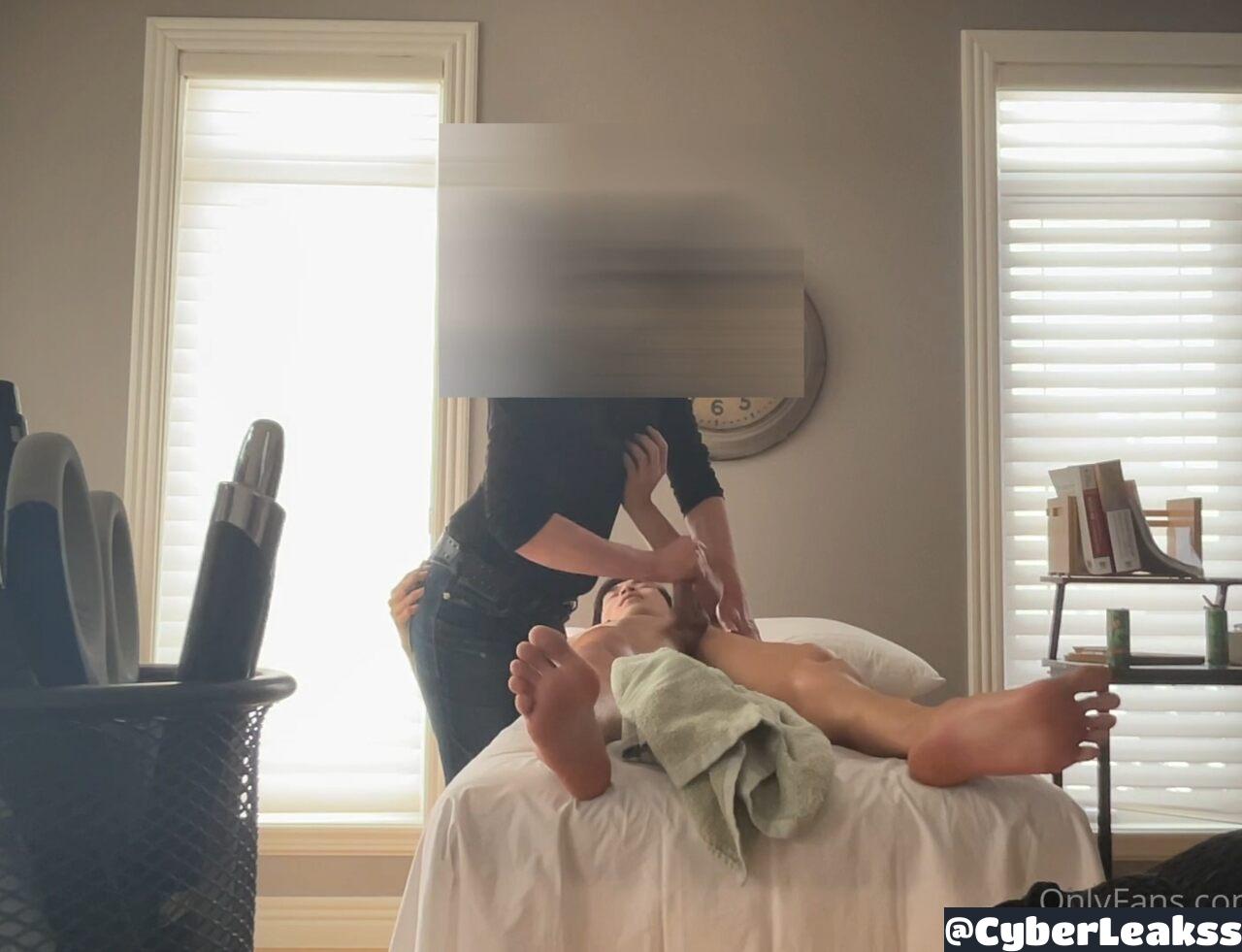Pj Soles Nude Scenes
The career of P.J. Soles has been marked by a variety of roles in film and television, often capturing the essence of the era in which she acted. Born Pamela Jayne Hardon on July 17, 1950, Soles is an American actress, known for her contributions to several iconic movies, especially in the horror and comedy genres.
One of the most notable aspects of Soles’ career is her appearance in a string of cult classics and influential films. Her early career saw her taking on roles that sometimes included nude scenes, as was common for many actresses during the 1970s and 1980s. The inclusion of such scenes was often a reflection of the changing social attitudes towards nudity in film and the increasing willingness of filmmakers to push boundaries in their work.
Soles’ participation in films that included nude scenes can be understood within the context of her time and the roles she undertook. Her decision to appear in such scenes was likely influenced by the prevalent practices in the film industry during that era, where nudity was sometimes seen as a means to advance an actress’s career or to fulfill the artistic vision of a director.
It’s essential to approach discussions about actresses and their choices regarding nudity in film with a nuanced perspective, recognizing the complexities of the industry and the societal norms that influence these decisions. The film industry has evolved significantly since Soles’ early career, with changing attitudes towards nudity, consent, and the portrayal of women on screen.
Soles is perhaps best known for her roles in “Halloween” (1978), where she played the part of Lynda Van Der Klok, and “Carrie” (1976), based on Stephen King’s novel of the same name, where she portrayed Norma Watson. These films have become staples of American horror cinema, contributing to Soles’ enduring legacy as a figure in the genre.
In addition to her work in horror, Soles has appeared in numerous other films and television shows, showcasing her versatility as an actress. Her body of work reflects not only her talent but also the evolving nature of the film industry and societal attitudes towards women and nudity in media.
As the landscape of the entertainment industry continues to shift, with greater emphasis on consent, representation, and respect for actors’ boundaries, it’s crucial to consider the historical context in which actresses like P.J. Soles made their career choices. Soles’ contributions to cinema, including her iconic roles in horror classics, remain significant, offering insights into the era in which they were made and the broader cultural narratives they reflect.
Key Steps in P.J. Soles' Career:
- Early Beginnings: Soles started her career in the 1970s, a time of great change in the film industry's approach to nudity and women's roles.
- Rise to Prominence: Her roles in "Carrie" and "Halloween" cemented her status as a horror genre icon.
- Versatility: Soles has demonstrated her range by appearing in a variety of films and TV shows beyond the horror genre.
- Legacy: Today, Soles is remembered for her contributions to cult classics and her enduring presence in the horror community.
What are some of P.J. Soles' most notable films?
+P.J. Soles is known for her roles in "Carrie" (1976), "Halloween" (1978), and other cult classics that have become staples of American horror cinema.
How has the film industry's approach to nudity changed over time?
+The industry has seen significant shifts, with greater emphasis now on consent, respect for actors' boundaries, and more nuanced portrayals of women and nudity.
The career of P.J. Soles serves as a fascinating case study of the evolving nature of the film industry, particularly in how it approaches nudity and the representation of women. As societal attitudes continue to shift, the legacy of actresses like Soles provides valuable insights into the historical context of their work and the broader cultural narratives they reflect.



